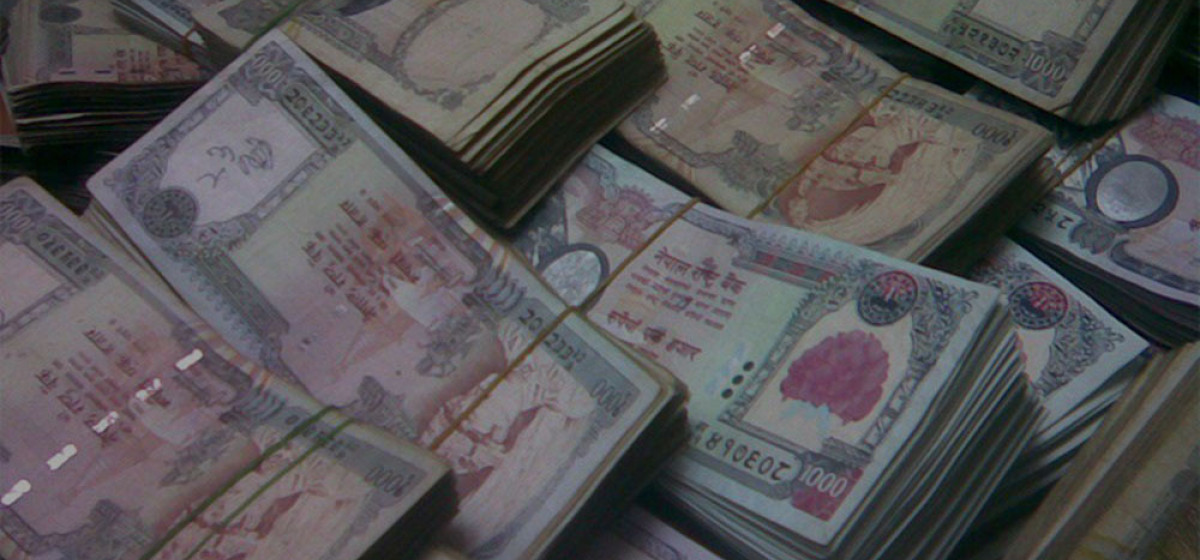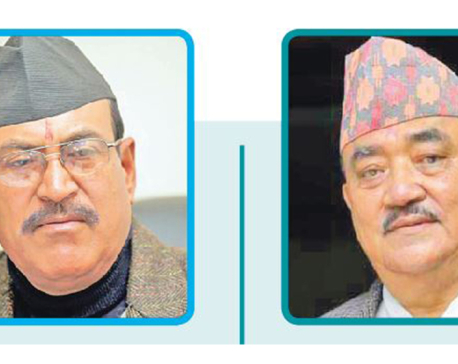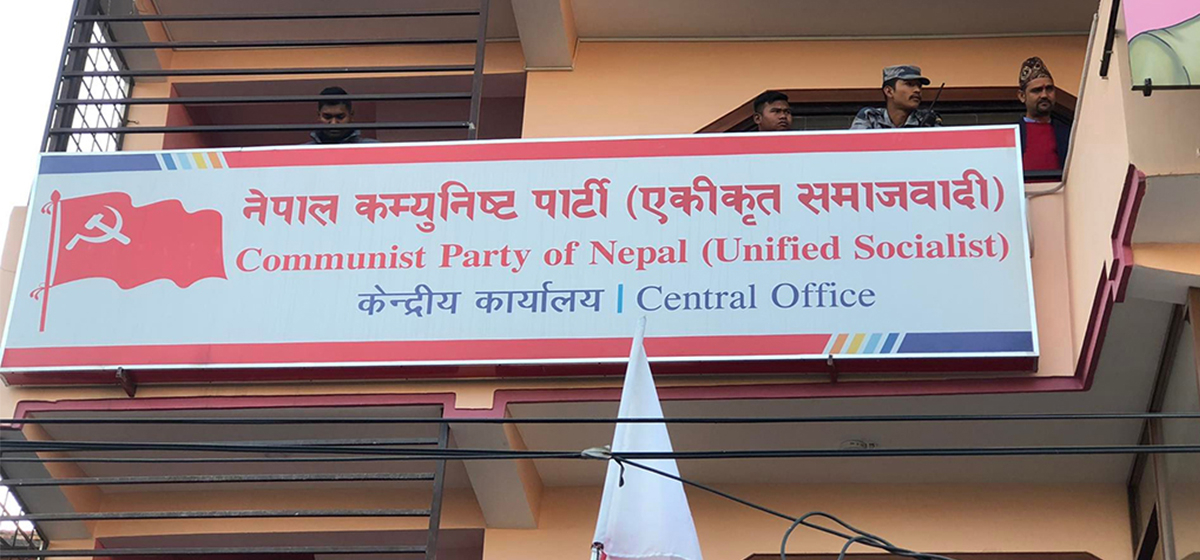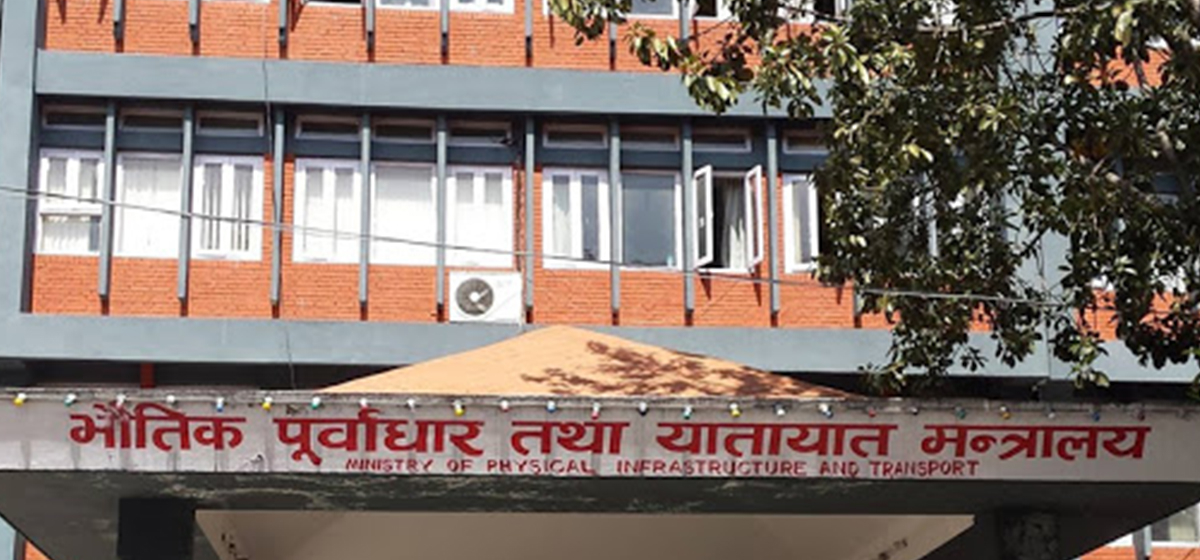
OR
Editorial
Legitimizing Money Laundering through Law!
Published On: February 17, 2023 07:00 AM NPT By: Republica | @RepublicaNepal

The recent move by the government to table a bill in parliament with the aim to amend the law and legalize unsourced wealth is a gross violation of international best practices in curbing money laundering. The proposed amendment, which would allow those with illegally acquired wealth to legitimize their assets by paying taxes, is a backward step in Nepal's fight against corruption. The proposed amendment to the ‘Prevention of Money Laundering and Promotion of Business Environment’ law by the Nepali government has sparked a lot of concern among citizens and experts alike. The proposed bill, which was presented in parliament by the Law, Justice, and Parliamentary Affairs Minister Dhruba Bahadur Pradhan, is a clear attempt to legalize the wealth of corrupt politicians, businessmen, and government employees. This bill, if passed in its current form, will pave the way for dirty wealth to be laundered through the payment of taxes, effectively legalizing illegal activities.
This move by the government is a clear indication of the lack of seriousness with which it is approaching the issue of money laundering in the country. It is an international practice to consider wealth whose source cannot be established as illegal. Legal wealth always has a valid source. If there is no source of any wealth, it automatically becomes illegal. However, the proposed bill is in direct opposition to this international practice, and it will only serve to encourage and legitimize corruption and money laundering in Nepal.
Therefore, the government's proposal to legalize unsourced wealth goes against international best practices and is a disservice to the country's fight against corruption. Moreover, the bill contains provisions that are riddled with conflicting provisions, which could be used to provide legal loopholes for individuals who acquired their wealth illegally. This will provide them with an avenue to legitimize their illegally-earned assets easily just by paying taxes.
The fact that the proposed bill has been presented in parliament by the Law, Justice and Parliamentary Affairs Minister is even more alarming. The minister has defended the bill, but his arguments are unconvincing. The provision that allows individuals to legitimize their illegally acquired assets by paying taxes, and then clearing them of any doubts by claiming there is no involvement in money laundering or related crimes or tax evasion is flawed. In fact, it is impossible to determine whether or not there has been any money laundering or tax evasion when the source of the wealth is unknown.
Also, the proposed bill contains conflicting provisions that make it difficult to enforce. Although the provisions in Section 28 of the proposed bill have been amended to disclose the source of property, there is a conflicting provision in the subsection. This will only make it easier for people to take advantage of the legal loopholes and legalize their illegally-earned assets easily just by paying taxes.
It is clear that the proposed bill has been brought under the influence of middlemen, who have an interest in legalizing their or their bosses’ illegally-earned wealth. This action raises the question of whose interests the government is serving by introducing such a controversial bill. Furthermore, Nepal is affiliated with international organizations that discourage money laundering and terrorist activities, such as the Financial Action Task Force (FATF) and the Asia/Pacific Group on Money Laundering. These organizations have been accusing Nepal of failing to enact the necessary laws to prevent money laundering and investment in terrorist activities, and of failing to take action against those who acquire wealth illegally. The proposed bill will only serve to worsen the situation, and there is a real risk that Nepal may face being blacklisted as a result of the government's inaction.
If the government passes this bill as it is, it will be a clear violation of international best practices, and the country risks having its membership revoked from these organizations. This could lead to Nepal being blacklisted, which would have dire consequences for the country's economy. There is no doubt that the proposed bill to legalize unsourced wealth is a backward step in the fight against corruption. The government should focus on enacting laws that promote transparency and accountability and discourage money laundering and other illegal activities. It is crucial that Nepal adheres to international best practices and does not compromise on its commitment to combating corruption.
All in all, the proposed bill will only serve to legitimize corrupt practices and encourage the flow of black money into the country. The government must take the issue of money laundering seriously and enact laws that will discourage this practice rather than encourage it.
You May Like This

Govt presents bill in parliament that, if passed, will help legalize illegal wealth
KATHMANDU, Feb 16: The government has proposed to amend the law so as to legalize unsourced wealth by paying tax.... Read More...

Review the controversial bills
Protests have been going on against many of the bills registered in the parliament. ... Read More...
Just In
- CPN (Unified Socialist) to hold its Central Committee meeting on May 10-11
- Over 16,000 paragliding flights conducted in one year in Pokhara
- MoPIT prepares draft of National Road Safety Act, proposes rescue within an hour of an accident
- Light rainfall likely in hilly areas of Koshi, Bagmati, Gandaki and Karnali provinces
- Customs revenue collection surpasses target at Tatopani border, Falls behind at Rasuwagadhi border in Q3
- Rain shocks: On the monsoon in 2024
- Govt receives 1,658 proposals for startup loans; Minimum of 50 points required for eligibility
- Unified Socialist leader Sodari appointed Sudurpaschim CM



















Leave A Comment